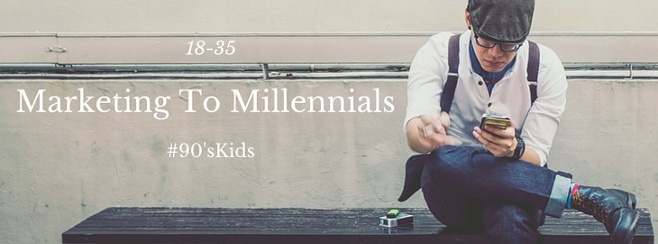
Millennials have gone from a minority interest’ demographic to a purchasing powerhouse. Generally defined as those aged 18-34 in 2015 this generation has some seriously unique attributes. They’ve grown up with the internet, they’re the most data saturated generation in the history of all human existence and Gen Z (aged 11-26 and born between 1997 – 2012) has joined forces with many similar values and preferences. They are the generations that live online, that ask Google or Bing whenever they have a question and are the most likely to give marketers headaches!
The Challenges of Marketing to Millennials and Gen Z
Millennials present a number of unique challenges to Marketers. More than any other generation Millennials are driven by social opinions and Social Proof. 84% of Millennials rely on social opinions as a key part of their decision making process. Social Networks have replaced traditional word of mouth; a friend liking and engaging with the content from a particular brand causes that brand and their endorsement of it to show up across the newsfeeds and streams of all of their friends. Not engaging in Social Media Marketing really isn’t an option for a modern business that wishes to reach and influence a Millennial audience.
The upshot of this is that in order to gain traction amongst a Millennial audience you must create content they identify and engage with. Shares and Comments on Facebook are as powerful for Marketing as a word of mouth recommendation, this can take some adjusting to. Learning to create content that resonates with your target audience is a process of trial and error but there are some guidelines you can follow to streamline the process.
- Use different media types. Short articles, Long articles, Videos, Infographics. See which types of post get the most engagement and deduce why that it is.
- Keep your output varied, don’t find one media type with high engagement and stick only to that format.
- Remember to create what your audience wants to see, not what you want to create!
Creating the Right Content When Marketing to Millennials and Gen Z
One of the ways the Millennials have earned the reputation of ‘always online’ is their use of mobile devices to access the internet. Upwards of 85% of Millennials in the US have a Smartphone and the figures for the UK are very similar. More time is spent browsing the internet on Mobile devices than on Desktops and Laptops and the share PCs have is only set to shrink further as more people use Tablets, Smart TVs and games consoles to access the internet.
This means you must ensure your website utilises Responsive Web Design. If your website isn’t fully mobile responsive then you will lose customers. On average if a customer using a mobile device hasn’t found what they’re looking for within 7 seconds they will navigate away from the website. 43% of Millennials regularly use their mobile device to search for product information while in a shop. You can’t afford to not engage them on their terms. Big brands can invest in Apps to try and mitigate this kind of behaviour, smaller businesses must simply make sure their websites are responsive and that their reputation is positive!
Focus on a More Personal Approach
Young people today don’t fit into the Brand Loyalty paradigms of previous generations. Previous generations may have stuck with the same car manufacturer because they wanted to buy a machine produced in their nation that has a reputation for reliability like Ford in the USA. These days young people engage with brands on a much more personal level, young people feel the brands they choose to support represent them as a person and as such expect more from them. One of the most illustrative examples of this phenomena is the above average interest in ‘ethical’ products amongst Millennials even those on a below average wage.
This expectation of a brand to ‘get them’ extends beyond just corporate policy and into all interactions the customers have with the brand. Millennials expect their chosen brands to engage with them on Social Media and to speak to them personally. Because of this more personal relationship with brands we have seen a shift in attitudes around how brands are sought and chosen. Millennials are the group most likely to trust a stranger’s opinions over an endorsed expert’s. This means that having a doctor on your ad or a number of doctor’s endorsements in print often mean less than the number and tone of the reviews on a 3rd party website.
Three Key Principles of Marketing to Younger Generations
All of these facts have positive and negative connotations. Millennials are more willing than any other age group to pay more for a brand that they feel represents them well. This can allow small businesses to compete with industry giants and really exploit niches in a youth culture rife with sub-groups and diverse identity politics. Because Millennials are so active on Social Media it’s relatively easy to target these niches. Facebook gives the ability to laser target Paid Ads to very specific sets of people and sponsored content on Social Media get’s much better engagement than normal banner ads.
Marketing to Millennials requires an understanding of 3 key principles.
- You must engage your audience on their terms, gone are the days of just throwing an ad on a billboard or the radio and waiting for the results. This generation are so distrustful and desensitised to advertising that you’ll just be wasting your money.
- A brand no longer says more about the product than the consumer. Not every business needs to give this the same amount of attention but all need to give it some. Millennials in general believe the brands they buy tell people about them as a person; reputation and CSR are more important than ever.
- Mobile is the future. This doesn’t apply only for those targeting Millennials but it’s a point worth repeating. If your website is not fully responsive you will be losing customers.
Related Post
What’s the single...
Adam Vincenzini from Comms Corner recently posted a very good article which I think goes...
- January 25, 2011
- By Rob Thomas
- Blogging
Effective Facebook Marketing...
With over 600 million users, Facebook represents the single most connected platform on...
- March 1, 2011
- By Nadine Thomas
- Latest Online Trends
Monitor, Influence and Lead...
Get Actively Involved in the Outcome of Search Results Don’t take negative publicity...
- April 28, 2011
- By Rob Thomas
- ORM
Free Online Reputation...
Listen to What’s Being Said About You Online (Free online reputation monitoring...
- May 5, 2011
- By Rob Thomas
- ORM
Top Tips for Product Page...
As the internet evolves and user expectation becomes increasingly sophisticated, creating...
- May 31, 2011
- By Rob Thomas
- e-Commerce
How To Drive Sales With...
Landing pages have long been the primary tool of the web-savvy marketer. Whether the...
- June 12, 2011
- By Nadine Thomas
- e-Commerce

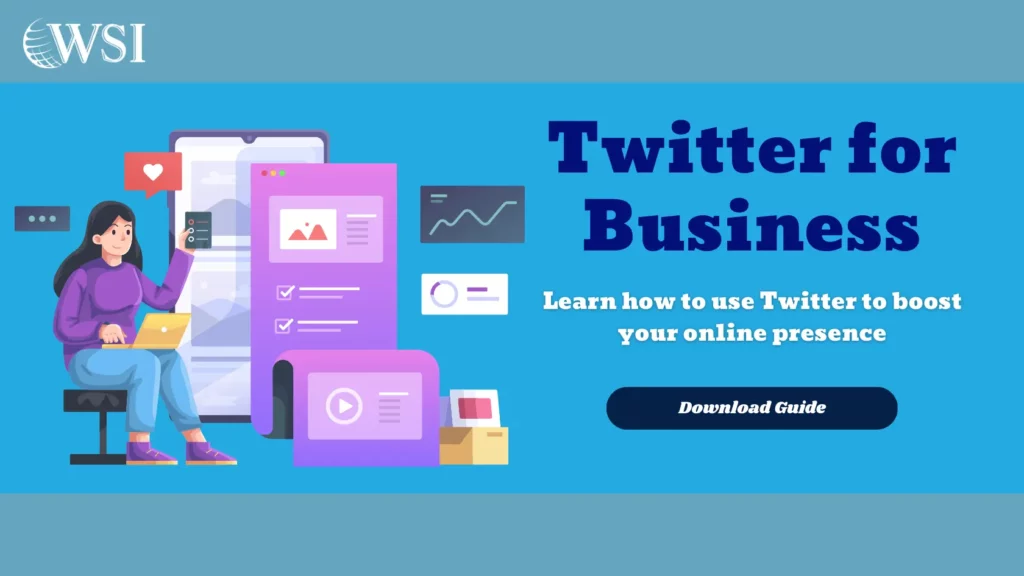

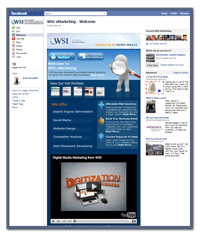


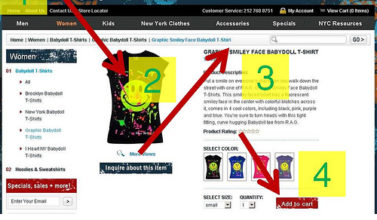
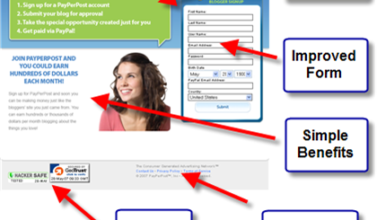




[…] ‘Brand Loyalty’ is being replaced by ‘Virtue Signalling’ in certain demographics; rather than being loyal to the brand itself these consumers are loyal to the virtues espoused by the brand, if these are no longer in-line with their own then they will no longer be loyal to the brand. […]